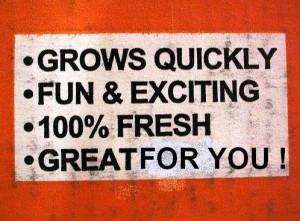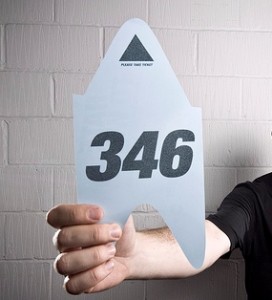Years ago when I was studying for my HSC, my parents imposed a curfew. I was not able to go out unless I did 15 hours study a week. 
Fortunately for me they did not specify where I had to spend my time, so I focused a minimum of 10 hours a week where my passion lay – painting and art – and the rest to what I considered at the time as the boring subjects. The 15 hour study curfew became easy to meet and the targets I had for my social life were able to be easily fulfilled.
It was a great lesson around naturally pursuing the areas you feel passionate about. This time and effort I naturally skewed towards was also rewarded in me later winning a number of art awards. I easily connected that if you work and operate from a position of passion, it delivers you significant power to excel.
When you love something and love what you are doing, you naturally progress. You find things easy to do and easy to commit to. This principle serves you just as well in your working career as it will in your personal life.
I am sure you can validate this principle with your own examples.
Recall a time where you pursued something you felt really passionate about and it propelled you to success. Now reflect on how you felt.
You felt buzzed right? When you did what you love and you achieved the goal you were hoping for, you felt highly energized, invincible and ready for more.
This isn’t rocket science, so why do we sit for far too long in jobs or in situations pursuing something where we don’t feel that passion?
A number of people I know have communicated their unhappiness in their current situation.
They try to justify not doing anything by rationalizing away the risks of changing with the comfort levels of today. They know and can be strong at articulating what they would prefer to be doing, even going so far to identify the steps they need to take to get there, but still don’t go and pursue it. The longer they look for reasons to not move, the more the barriers to change seem larger.
When focusing on the fear of change and potential downsides, there is a great danger that the sense of “too hard” will set in. Or worse, you quickly move into a mode of accepting what you are not happy with, with a feeling of “this is good as it gets”. So you stay in something you are not happy with.
Yet we can all recall examples and look to people where a decision to change was made and it was pursued. Or perhaps you know someone or were forced to make changes through circumstances not of your own doing.
These changes and shifts in life often become the catalyst to move onto much greater things, greater than what may have first been considered. It is a powerful feeling when you have new opportunities, new ways of thinking, new ways of working, new ways of juggling life to pursue.
We look back and see that change as the greatest thing that happened to us. Change brings opportunity. Change brings great personal growth which helps us professionally.
More importantly change gives us an opportunity to tap into our passions. To find the things that once again excite us, energize us, propel us forward.
So don’t allow inertia to kill your progress.
Make the changes today to align what you do with your passions. At a minimum, the bigger the wave of change and the bigger the ride, the less likely you will have time to look back and you will enjoy the process of moving forward.
Take a step forward today and see how quickly your passion will carry you towards success.







